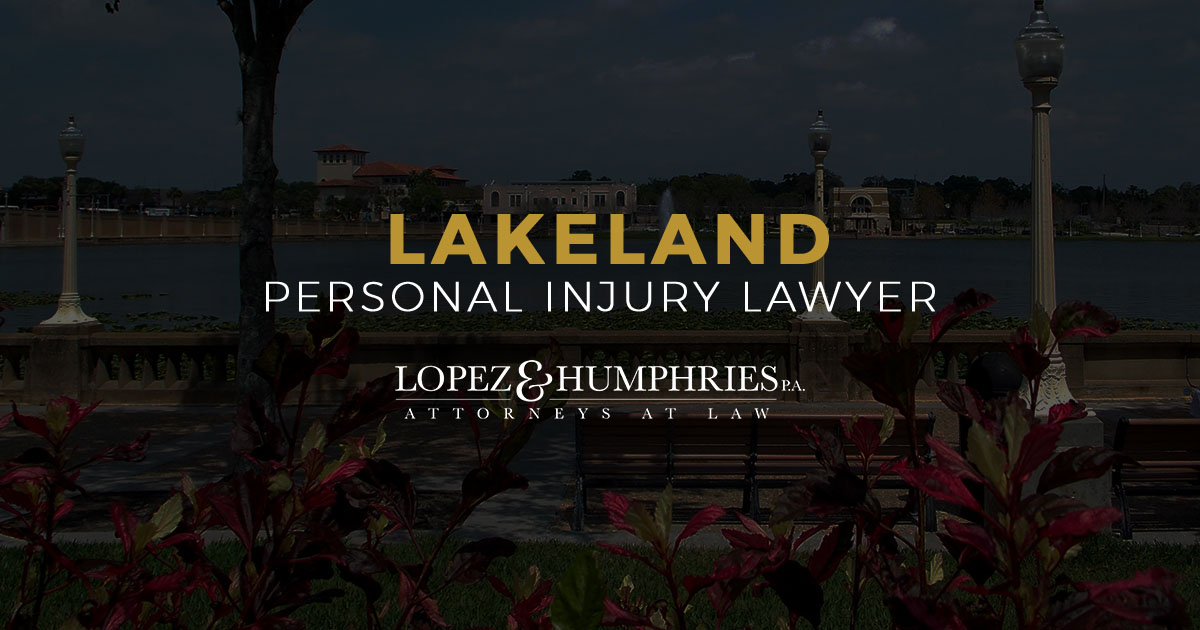What Does Burden of Proof Mean in the Legal Space?
In the legal realm, the term burden of proof plays a critical role in the adjudication of cases, influencing the outcome of civil and criminal proceedings. According to the Munley Law Glossary, the burden of proof refers to the obligation of a party to prove their allegations or claims to a certain standard. This concept is essential for both plaintiffs and defendants, as it dictates who is responsible for presenting evidence and how much evidence is necessary to prevail in a case.
Definition of Burden of Proof
The burden of proof encompasses two key components: the burden of production and the burden of persuasion.
- Burden of Production: This aspect requires a party to produce sufficient evidence to support their claims or defenses. The burden of production may shift between parties during the course of a trial. For instance, in a criminal case, the prosecution carries the burden of production by presenting evidence to establish the defendant’s guilt. If the prosecution fails to produce adequate evidence, the defendant may be entitled to a judgment in their favor.
- Burden of Persuasion: This component determines the level of certainty required for a party to prevail. Different legal contexts impose varying standards of persuasion, which can significantly impact the outcome of a case. The two primary standards are:
- Preponderance of the Evidence: This standard is commonly used in civil cases. It requires the party bearing the burden of proof to demonstrate that their claims are more likely true than not. In other words, they must provide evidence that convinces the judge or jury that there is a greater than 50% chance that their version of events is accurate.
- Beyond a Reasonable Doubt: This is the highest standard of proof and is applied in criminal cases. The prosecution must establish the defendant’s guilt to such a degree that there is no reasonable doubt in the mind of a reasonable person. This stringent standard reflects the serious consequences associated with criminal convictions, including potential loss of liberty.
The Role of Burden of Proof in Legal Proceedings
Understanding the burden of proof is crucial for parties involved in legal proceedings, as it shapes the strategies employed by both plaintiffs and defendants.
- In Civil Cases: In civil litigation, the burden of proof typically falls on the plaintiff, who must demonstrate their claims by a preponderance of the evidence. This means they must provide enough credible evidence to persuade the court that their version of the events is more credible than the defendant’s. If the plaintiff fails to meet this burden, their claims may be dismissed, and the defendant may prevail.
- In Criminal Cases: In criminal cases, the burden of proof is placed on the prosecution. The defendant is presumed innocent until proven guilty, and it is the prosecution’s responsibility to establish guilt beyond a reasonable doubt. This principle is a fundamental aspect of the criminal justice system, ensuring that individuals are not wrongfully convicted without compelling evidence of their guilt.
Shifting the Burden of Proof
In some cases, the burden of proof can shift between parties. This often occurs in affirmative defenses, where the defendant admits to the factual basis of the plaintiff’s claims but asserts additional facts that negate liability. For instance, in a self-defense claim, the defendant acknowledges the act of using force but argues that it was justified under the circumstances. In such cases, the defendant may bear the burden of proof to establish the validity of their defense.
Implications of the Burden of Proof
The burden of proof has significant implications for legal strategy and the outcome of cases:
- Strategic Considerations: Knowing the burden of proof can guide legal strategies. For example, a plaintiff may focus on gathering compelling evidence early in the case to ensure they can meet their burden. Conversely, a defendant may aim to highlight weaknesses in the plaintiff’s case to create reasonable doubt.
- Trial Outcomes: The burden of proof can directly influence trial outcomes. In civil cases, if the plaintiff fails to meet their burden, they may lose the case even if the defendant has not presented substantial evidence in their defense. In criminal cases, the requirement for the prosecution to prove guilt beyond a reasonable doubt acts as a safeguard against wrongful convictions.
The concept of burden of proof is a foundational element of the legal system, guiding the dynamics of both civil and criminal cases. According to the Munley Law Glossary, understanding the burden of proof is essential for all parties involved in legal proceedings, as it establishes the responsibility for presenting evidence and the level of certainty required to prevail. By grasping the nuances of the burden of proof, individuals can navigate legal disputes more effectively, whether they are pursuing claims or defending against allegations. Ultimately, this principle serves to uphold fairness and justice within the legal system, ensuring that outcomes are determined based on evidence and reasoned conclusions.






